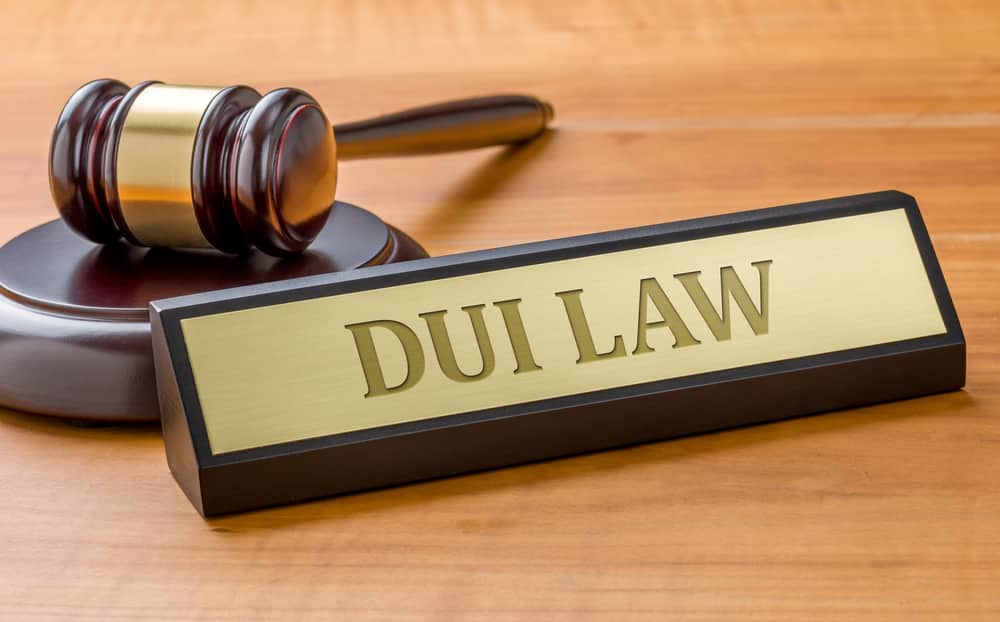DUI Tests & Warrants in Illinois
Over the recent St. Patricks’ Day holiday weekend, several area law enforcement agencies conducted specialized efforts to catch those who may have been driving under the influence of alcohol. The Police on Lake County, IL especially cracked down on Drunk driving in Waukegan during that weekend. It is common for police officers to make extended efforts to catch Illinois DUI offenders during certain events and holidays, including New Year’s Eve, the Super Bowl, Memorial Day, and at similar times. Obviously no one should get behind wheel when they are incapacitated by drugs or alcohol. But it is particularly important for local residents to understand when they may be under even tighter scrutiny by officers and what their rights are if pulled over on suspicion of a DUI.
For example, last week the Daily Herald reported on one community’s “No Refusal” St. Patrick’s Day Weekend put on by a local state’s attorney’s office and a few law enforcement agencies in Illinois. Essentially, the joint effort was a means by which search warrants could be obtained quickly for those pulled over on suspicion of driving under the influence. In total, only two DUI arrests were made and no actual warrants were issued.
But reading about these sorts of stories may leave many community members wondering when officers need to obtain a search warrant after being stopped for DUI and what their own rights are when being questioned.
DUI “Search” Warrants & Refusal
As most know, one is guilty of drunk driving in Illinois if they have a blood alcohol concentration (BAC) of .08% or higher. After being pulled over, to obtain proof that you had this BAC, officers may ask you to do several things, including field sobriety tests (i.e. walking the line or standing on one foot) and/or take a breathalyzer test. Officers can also use blood or urine samples to confirm your BAC to be used in subsequent criminal cases.
Illinois has an “implied consent” law which means that if you are lawfully arrested by an officer with probable cause, then you automatically consent to a chemical test to establish BAC. However, that does not mean that an officer will use force if you refuse the test. Instead, it simply means that you will face an automatic suspension (one or three years) which is separate from any DUI penalties you may face.
You can browse the specific text of Illinois DUI Laws at Illinois Statute 625-5/6-208.1
Taking any chemical sample from your body (breath, blood, urine) is essentially a “search and seizure.” Therefore, the only way that officers can lawfully force you to comply with such tests is if they have a search warrant. That is where the “No Refusal” state’s attorney and law enforcements efforts come in like those that were organized on St. Patrick’s Day. Setting up a system where a judge is ready to sign a warrant at any time means that even those who refuse to take a test may be forced to do so by officers. Resisting after the warrant is issued opens up even harsher possibilities, including felony obstructing justice charges.
No matter what it is always critical to receive the aid of an experienced Illinois DUI attorney as soon as possible following any arrest. You can always tell law enforcement officers that you’d like to speak to your attorney and refuse to say anything else until receive specific advice from your lawyer.





